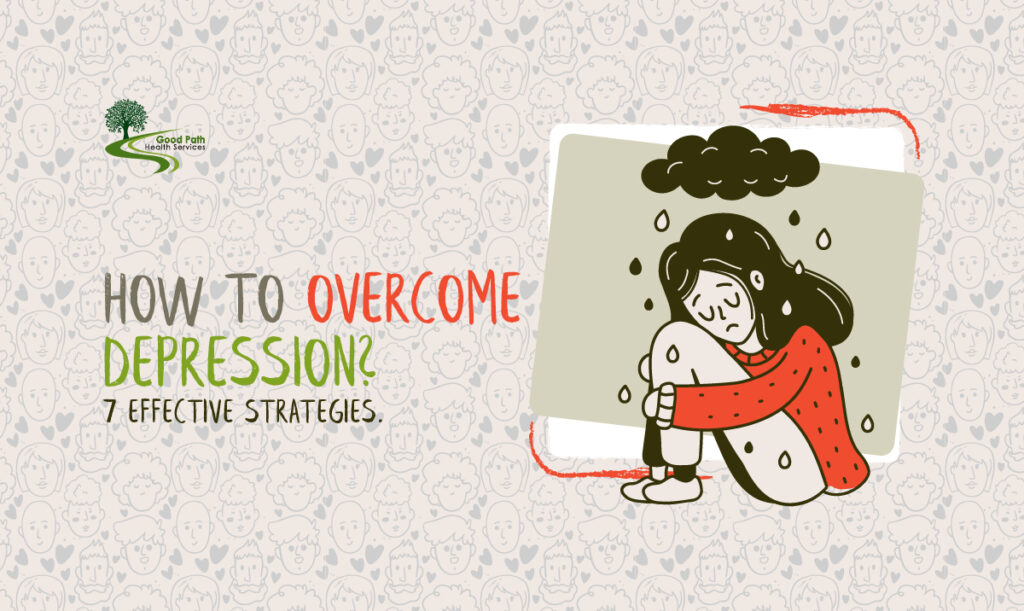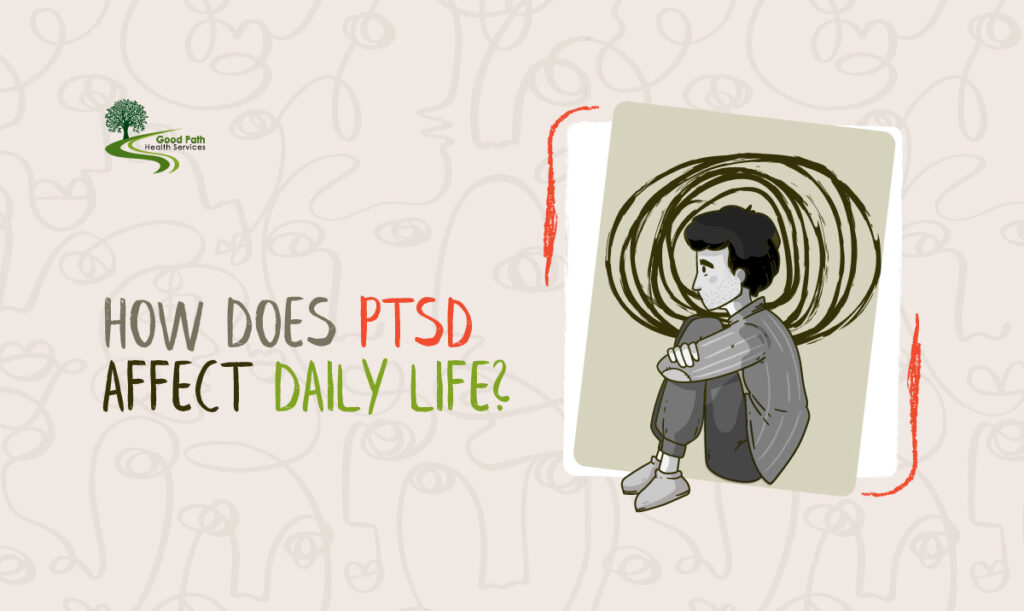
Bipolar disorder, formerly called manic-depressive illness, is a mood disorder.
It involves mood swings that fluctuate between emotional highs (mania or hypomania) and lows (depression).
Its effect on people and their families is extensive because it can affect one’s relationships, performance at work, and life in general.
Where do these unpredictable waves of emotion come from?
Understanding bipolar disorder is far from simple, but it’s a conversation worth having, especially for those directly or indirectly affected by it.
Below, we will address the question: What Is the Cause of Bipolar Disorder?
To understand the causes of such a complicated condition, one must look into genetic influences, neurochemical imbalances, environmental elements, and even the structure and function of the brain itself.
What Is the Cause of Bipolar Disorder?
1. Genetic Factors
The possibility of bipolar disorder could exist within our genetic makeup.
One’s family history appears to be one of the biggest risk factors for bipolar disorder. It indicates a genetic link to the disease.
Studies suggest that if one parent has bipolar disorder, each child is at risk of 15-30%.
The risk reaches 50-75% if both parents suffer from the disorder.
Researchers have been searching for genetic variants that could be responsible for this trait, although there seems to be no single “bipolar gene.”
There seems to be a complicated interaction of multiple genes and possibly other factors.
2. Neurochemical Imbalances
Neurotransmitters are the chemical messengers in our brains. They’re responsible for mood and emotional stability.
Disruptions or imbalances in these chemicals, like serotonin, dopamine, and norepinephrine, play a big part in the development of bipolar disorder.
For example, serotonin is tied to mood, sleep, and appetite—all of which are usually impaired in bipolar patients.
Additionally, dopamine—the reward and pleasure neurotransmitter—can affect the manic phases of the disorder, which can cause hyperactivity and impulsive behavior.
Understanding these imbalances opens doors to possible treatments that can restore balance in the brain’s chemistry.
3.Environmental Triggers
Some environmental factors can also play a part when it comes to early onset bipolar disorder symptoms.
These can be:
- Major life events.
- Traumatic experiences.
- Periods of intense stress.
Even something that happens every year, like winter coming, can make someone feel down – this is called seasonal depression.
Sometimes, outside stresses meet with what’s going on in a person’s body and can cause bipolar disorder symptoms to show up.
This is why mental health professionals look at the big picture when they come up with a care plan to treat someone with bipolar disorder.
4. Brain Structure and Function
The brain’s structure also plays a big part in our mood regulation and emotional processing.
Researchers have been looking at brain scans of people with bipolar disorder. They’ve noticed some differences compared to people who don’t have it.
For example, some areas of the brain might show unusual activity. These regions mostly have to do with emotion regulation and decision-making.
This can result in the episodic nature of bipolar disorder.
The brain’s plasticity is always in a state of flux. It’s influenced by biology, experiences, and therapy, which provides hope to people with bipolar disorder and how it can be managed if treated properly.
These findings are important in mental health research.
Final Word
What is the cause of bipolar disorder? Bipolar disorder can be caused by a blend of genetic, neurochemical, environmental, and neurological factors.
While we have pieced together many elements, the complete picture is still coming into focus.
As experts and advocates in the field, we strengthen the determination of those living with bipolar disorder and support mental health awareness.
For more resources and to learn about the treatment for bipolar disorder, please reach out directly to us at Good Path Health Services.
FAQs
What is a relapse in bipolar disorder?
Relapse in bipolar disorder is the return of mood episode symptoms after a period of remission.
What are some therapeutic activities for bipolar disorder?
Therapeutic activities for bipolar disorder can be:
●Mood monitoring.
●Cognitive-behavioral therapy.
●Medication management.
●Psychoeducation.
●Mindfulness practices.
Can emotional abuse cause bipolar disorder?
Emotional abuse alone does not cause bipolar disorder but it can worsen the condition in genetically predisposed people and might trigger episodes.
Can PTSD cause bipolar?
PTSD does not directly cause bipolar disorder but it can co-occur alongside and might complicate the management of bipolar symptoms.
Can substance abuse cause bipolar disorder?
Substance abuse does not cause bipolar disorder but using substances can trigger onset in susceptible people and worsen the course of the disorder.
Can a head injury trigger bipolar disorder?
A head injury might cause mood and behavioral changes but it might not be recognized as a cause of bipolar disorder.
Can there be a connection between bipolar and childhood trauma?
Childhood trauma might intensify the severity of bipolar disorder symptoms.
What’s the connection between bipolar disorder and isolation?
People with bipolar disorder might isolate themselves because of the feelings of depression.
Are bipolar disorder and cognitive impairment linked in any way?
Bipolar disorder can cause cognitive changes, which can be related to:
●Your memory.
●Attention.



